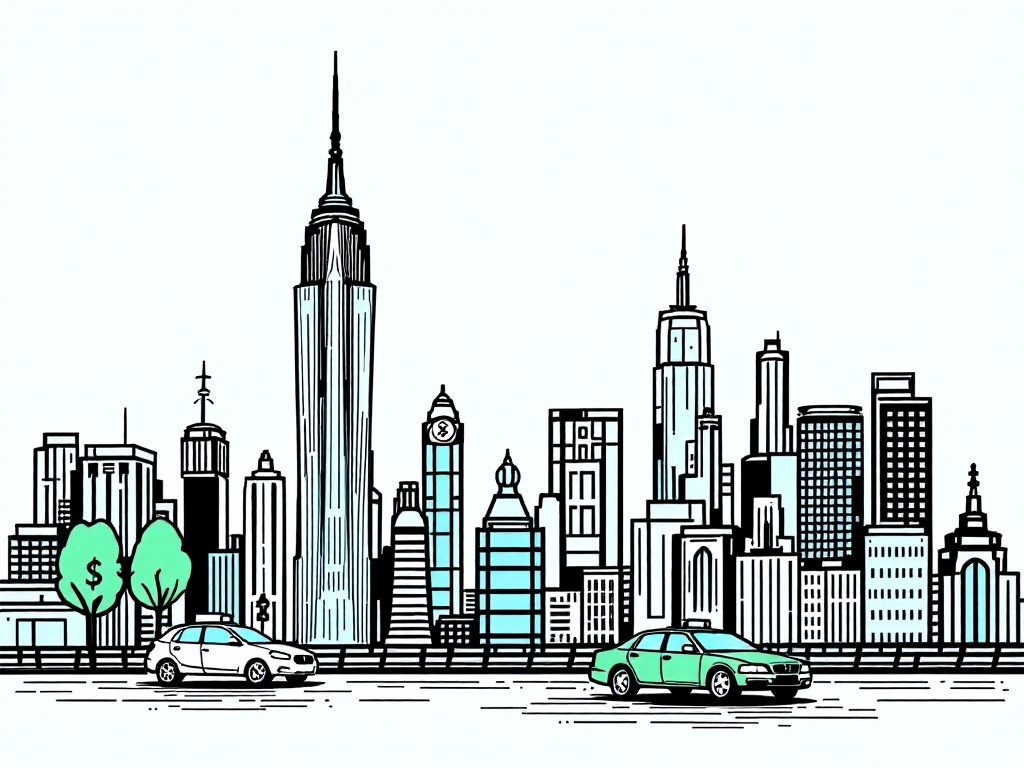Manhattan's $9 Congestion Fee: A Historic First for American Cities

New York, Monday, 18 November 2024.
In a groundbreaking move, New York City will implement the nation’s first congestion pricing system on January 5, 2025. The $9 daily fee for entering Manhattan below 60th Street aims to reduce traffic by 17% while funding crucial transit improvements. Despite fierce opposition through nine lawsuits and potential political challenges, the MTA is racing to launch this transformative urban initiative.
The Economic Rationale Behind Congestion Pricing
The introduction of a $9 congestion fee in Manhattan marks a significant shift in urban planning and economic policy in the United States. This strategy, which mirrors similar systems in cities like London, seeks to alleviate New York City’s notorious traffic congestion while generating substantial revenue for public transit enhancements. The Metropolitan Transportation Authority (MTA) anticipates that the fee will not only decrease the number of vehicles entering the zone by at least 80,000 daily but also improve air quality and encourage increased use of public transportation by 1% to 2%[1].
Financial Implications and Infrastructure Improvements
The congestion fee is projected to raise $15 billion, which will be channeled into the MTA’s capital plan. This funding is pivotal for modernizing New York’s aged transit infrastructure, including projects such as the Second Avenue subway extension and the acquisition of electric buses[2]. Governor Kathy Hochul emphasized that the fee is crucial for sustaining and enhancing the transit system, which had previously been on hold due to financial constraints[3].
Challenges and Controversies Surrounding Implementation
Despite the anticipated benefits, the congestion pricing plan faces substantial opposition. Nine lawsuits have been filed against the initiative, including one led by New Jersey Governor Phil Murphy, citing unfair targeting of New Jersey commuters and inadequate environmental impact assessments[4]. Furthermore, political opposition looms as President-elect Donald Trump has expressed his disagreement with the plan, threatening its continuation after January 20, 2025[5].
Future Outlook and Potential Adjustments
While the congestion fee is set to take effect on January 5, 2025, the MTA acknowledges that adjustments may be necessary. The fee structure includes various discounts and exemptions for low-income drivers and residents within the congestion zone, ensuring that the economic burden is mitigated for vulnerable populations[6]. The toll is expected to remain at $9 for three years, with potential increases to $12 by 2028 and to $15 or higher thereafter, contingent on economic conditions and transit funding needs[7].